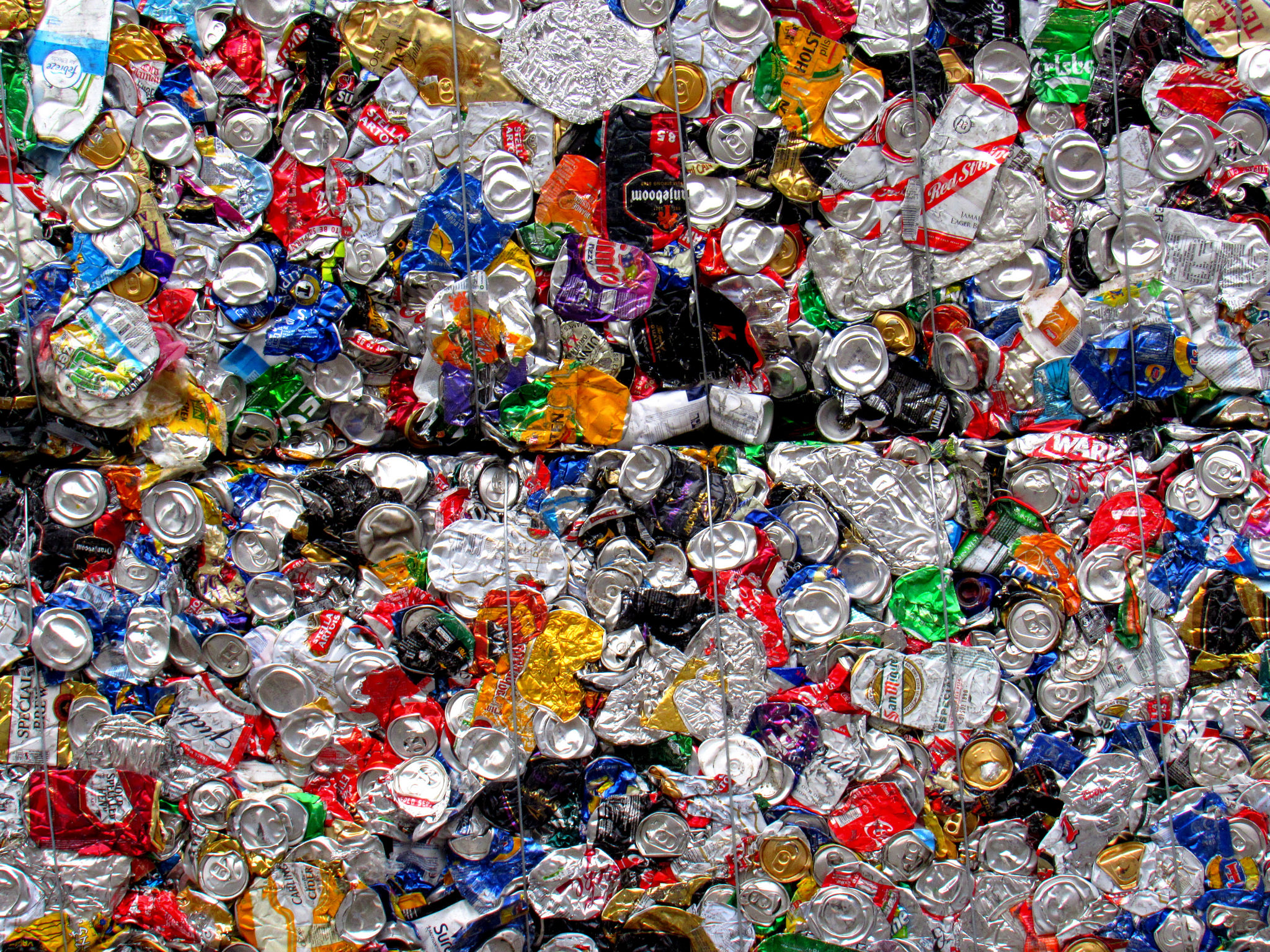On 28 February the Welsh Government published the latest recycling statistics for Wales, covering July to September 2016. Continuing the upwards trend, the total local authority municipal waste combined reuse/recycling composting rate increased to 62% for the 12 months ending September 2016, compared to 58% in the previous year.
In the 12 months to the end of September 2016:
- The local authority with the highest recycling rate was Ceredigion (70%); Blaenau Gwent had the lowest rate (52%);
- A number of authorities saw significant improvements, most notably Merthyr Tydfil (13% increase) and Flintshire, Wrexham and Powys (each with a 10% increase);
- One local authority, Cardiff, saw a decline in its recycling performance with a 2% decrease, reporting a 57% recycling rate; and
- When grouped together, rural authorities continued to have the highest recycling rate.
In comparison, statistics on waste managed by local authorities in England from the UK Government website shows that total recycling rates reached 44% for 2015/16, a decrease on the 45% rate achieved in 2014/15. Although the recycling figures show good progress for Wales, the total amount of local authority municipal waste generated in Wales increased, with the tonnage rising by 3%from 411 to 425 thousand tonnes (compared to the same quarter of 2015).
Towards Zero Waste
The Welsh Government’s waste strategy, Towards Zero Waste, has set a target of 70% recycling/composting of municipal waste by 2024-25. There are a number of minimum Statutory Recycling Targets for interim years (set in the Waste (Wales) Measure 2010); 58% by 2015-16 and 64% by 2020. In relation to the current target of 58%, according to the latest statistics Cardiff and Blaenau Gwent failed to meet the required standard. Failure to achieve these targets could result in fines of £200 per tonne for every tonne of waste by which the local authority fails, although to date Welsh Government has waived fines for underperforming authorities. In response to a question in Plenary on 8 March, the Cabinet Secretary for Environment and Rural Affairs stated that she is currently reviewing the recycling targets in order to make them more ambitious, and that her goal is for Wales to be number 1 in the world for recycling performance.
The ‘Collections Blueprint’
As part of the Welsh Government’s municipal waste plan it published a collections blueprint, which was independently reviewed by Eunomia Research and Consulting in 2016. The blueprint describes the Welsh Government’s recommended approach for collecting waste from households, aiming to deliver higher recycling rates and cost savings. The review found that the blueprint continues to offer clear benefits in terms of cost and material quality as well as its impact on recycling performance. The Welsh Government’s recommended model for the collection of waste from households includes:
- Weekly separate collection of dry recyclables via ‘kerbside sort’, with material being collected separately in boxes and/or in re-usable sacks, with two or more boxes provided per household, and recyclables being sorted into separate compartments on the collection vehicle by the collection staff;
- Weekly separate collection of food waste;
- The use of modern lightweight, multi-compartment vehicles for a single pass collection of dry recyclables and food waste; and
- Fortnightly collection of residual waste, from collections with reduced residual waste capacity, where ‘no side waste’ policies are enforced.
Local authorities are not obliged to follow the blueprint, but the Welsh Government recommends adherence in order to achieve maximum recycling rates. There is huge variation across Wales both in terms of recycling practice and in the frequency of collection of residual waste, although the vast majority of local authorities collect recycling on a weekly basis. Some local authorities have moved to 3 weekly refuse collections in order to encourage householders to recycle more, and many have imposed limits on the amount of residual waste that can be put out for collection. This has been met with resistance in a number of areas, with householders objecting to the less frequent collections.
Article by Chloe Corbyn, National Assembly for Wales Research Service.
This post is also available as a print-friendly PDF: Wales leads the way on recycling (PDF, 174KB)







